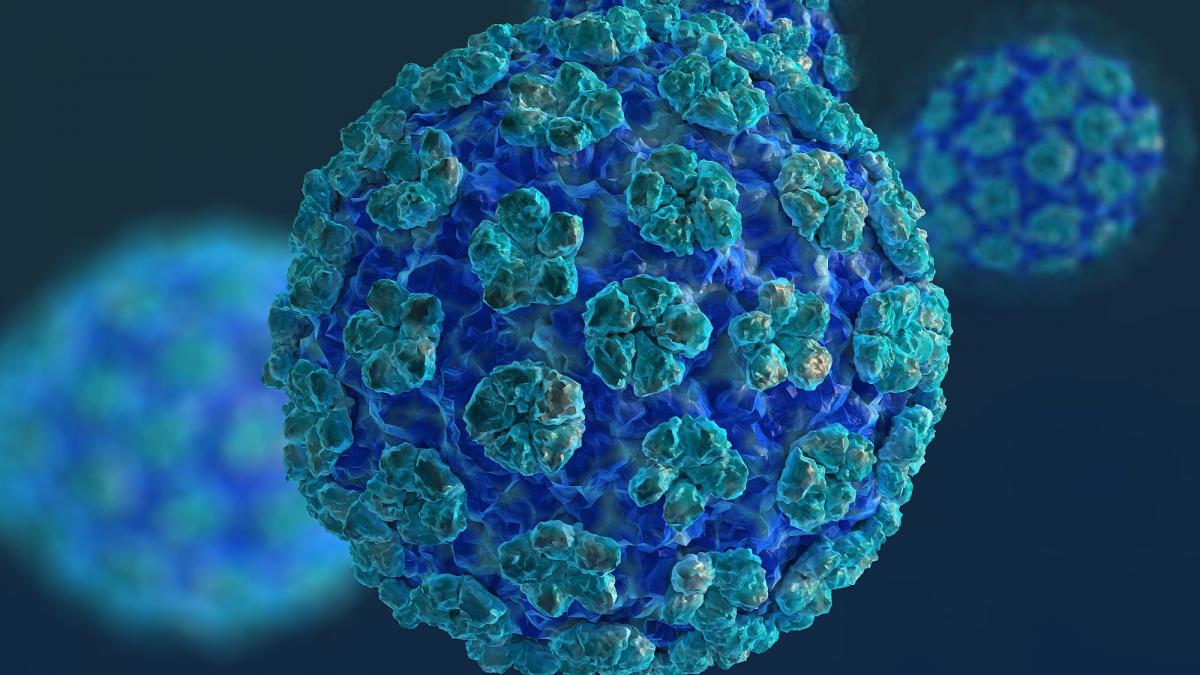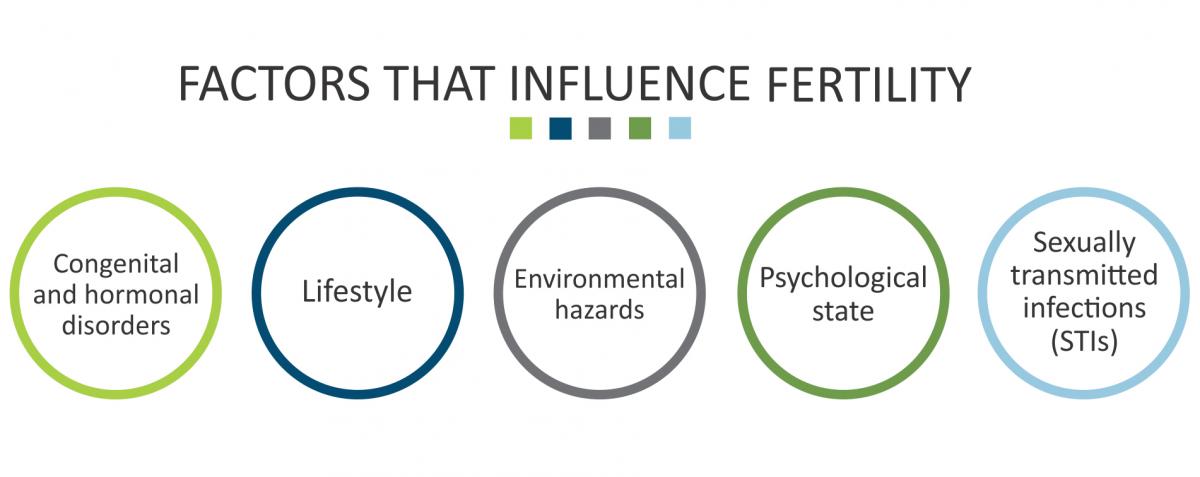Can infertility be linked to HPV?
You are here

There has been a lot of work done to understand the link between human papillomavirus (HPV), the most common sexually transmitted infection (STI) in humans, and various types of cancers. Particular strains of HPV like HPV16 and 18 are known to be a major cause of cervical cancer in women.

Besides its role in cancer development, HPV infections may impact human reproductive health. Infertility affects about one-fifth of couples trying to conceive worldwide (3). Hormonal imbalances, lifestyle as well as psychological states are all associated with reproductive function (2). Additionally, microorganisms such as bacteria, fungi, viruses and parasites are also linked to altering fertility in both men and women (3). Recent evidence now also suggests that some types of HPV infections can affect fertility outcomes.

In men, HPV infections can result in semen contamination, affecting semen quality (2). One study showed that strains of the virus such as 6, 11, 16, 18, 31 or 33 can alter sperm mobility (2). Additionally, HPV infection in semen decreases cell count of normal-shaped cells and increases the levels of anti-sperm antibodies (2). Studies have further shown HPV in semen can increase sperm DNA fragmentation (3).
Similarly, in women, HPV infections can impact fertility as well as pregnancy. HPV can cause trophoblastic growth (1). It can reduce endometrial implantation of trophoblastic cells and cause preterm rupture of the membrane, increasing the chances of miscarriages (1;2). Studies have shown that HPV DNA was found more in spontaneous miscarriages than voluntary abortions by women, supporting the idea that the virus can influence pregnancy loss. The infection has also been associated with causing birth defects as well as foetal death (1).
HPV not only seems to impact natural fertility outcomes, but it may also decrease effectiveness of assisted reproductive technologies (ART). One study showed that women with HPV infections had a lower pregnancy rate (23.5%) compared to women with no infection (57%) through in-vitro fertilization (IVF) methods (1). Other studies have also reported links between HPV and IVF failure (2), however, the exact link is not clear.
While more research needs to be conducted to better understand the impact of HPV on fertility, there is strong evidence to suggest the two are related to some degree. As HPV infections in general present no symptoms, and disappear naturally overtime, it may be important to regularly monitor infections not only for cancer detection, but also for couples trying to have a baby (3).
HPV can be detected in urine, in particular, first-void urine. Novosanis has developed Colli-Pee, a device which is able to collect first-void in a standardized and hygienic way, which could support HPV detection and improve understanding of its link to infertility.
Read more about HPV detection using urine as a sample type
References:
1. Pereira N, Kucharczyk KM, Estes JL, Gerber RS, Lekovich JP, Elias RT, Spandorfer SD. Human Papillomavirus Infection, Infertility, and Assisted Reproductive Outcomes. J Pathog. 2015;2015:578423. doi: 10.1155/2015/578423. Epub 2015 Nov 1. Review. PubMed PMID: 26609434; PubMed Central PMCID: PMC4644557.
2. Souho T, Benlemlih M, Bennani B. Human papillomavirus infection and fertility alteration: a systematic review. PLoS One. 2015 May 18;10(5):e0126936. doi: 10.1371/journal.pone.0126936. eCollection 2015. Review. PubMed PMID: 25992782; PubMed Central PMCID: PMC4436317.
3. Xiong YQ, Chen YX, Cheng MJ, He WQ, Chen Q. The risk of human papillomavirus infection for male fertility abnormality: a meta-analysis. Asian J Androl. 2018 Sep-Oct;20(5):493-497. doi: 10.4103/aja.aja_77_17. PubMed PMID: 29623908; PubMed Central PMCID: PMC6116676.
